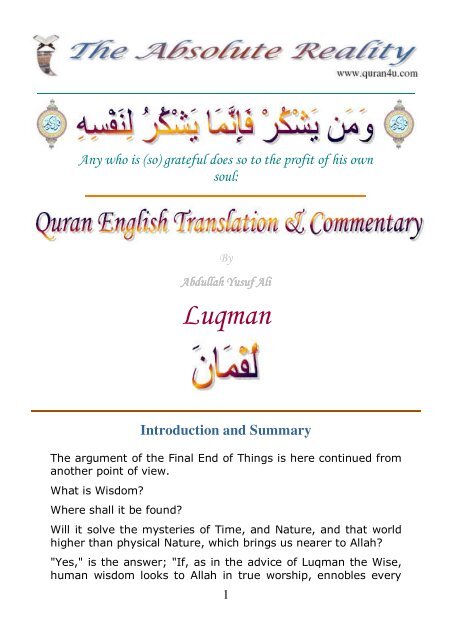


Instead, Akram believes, these people should consider what God is trying to say. Too many people, he says, put themselves at the center, and what they want to believe or see on the page. In contrast, Akram tells Power that the most important aspect of interpreting the Quran is keeping God at the center. Different groups can find what they want to find in the book’s verses. That is how the text has come to be read or used in so many different ways, for good or bad. Through the year, Akram explains to Power that very few verses in the Quran have a definitive interpretation. For Akram, fortune is something that can come and go. Instead, he responds to the difficulties of the world around him with prayer and acceptance. Akram’s own perspective on life often surprises Power: he is unconcerned with the pursuit of money or even his own happiness. There were women who gave scholarly lectures on Islam or issued fatwas. And he published their stories in a biographical dictionary. But during his research, he found there were over 9,000. Earlier in his career, he decided to write about female hadith scholars, assuming he might be able to find a handful of them throughout history.

For example, Akram specializes in hadith, the thousand sayings and actions of the Prophet Mohammed. The process overturns many of Power’s assumptions about the Quran and its teachings. Islam, and the Quran, are the subject of so much media controversy that Power decides to return to the original text and see what it really says, not what other people think it says. The book revolves around Power reading and learning the Quran from Akram for a year. Their friendship was considered unlikely: Power was an American journalist of Quaker-Jewish descent, while Akram was an Islamic scholar from India. She was so comforted by this gesture that they immediately became friends. He responded by reciting an elegiac poem by Pakistani poet and philosopher Mohammed Iqbal. Power was stunned by the news and happened to run into Akram, a co-worker at the time. Her friendship with Akram began in an unusual way: in 1993, her father was murdered in Mexico, mistakenly identified as a drug dealer by a Mexican gang. She learned about cultures different from her own, and as an adult, began working for the Centre for Islamic Studies in Oxford, England.

Power writes that she came from an educated family and spent much of her childhood traveling the world. She earned her graduate degree in Middle Eastern studies from Oxford. Power is a writer for Time magazine and the foreign correspondent for Newsweek. The two debate and discuss their way through the text over the course of the year, each trying to understand the other’s perspective. If the Oceans Were Ink is a 2015 memoir from Carla Power about her friendship with Sheikh Mohammad Akram Nadwi and her quest to understand the Quran.


 0 kommentar(er)
0 kommentar(er)
